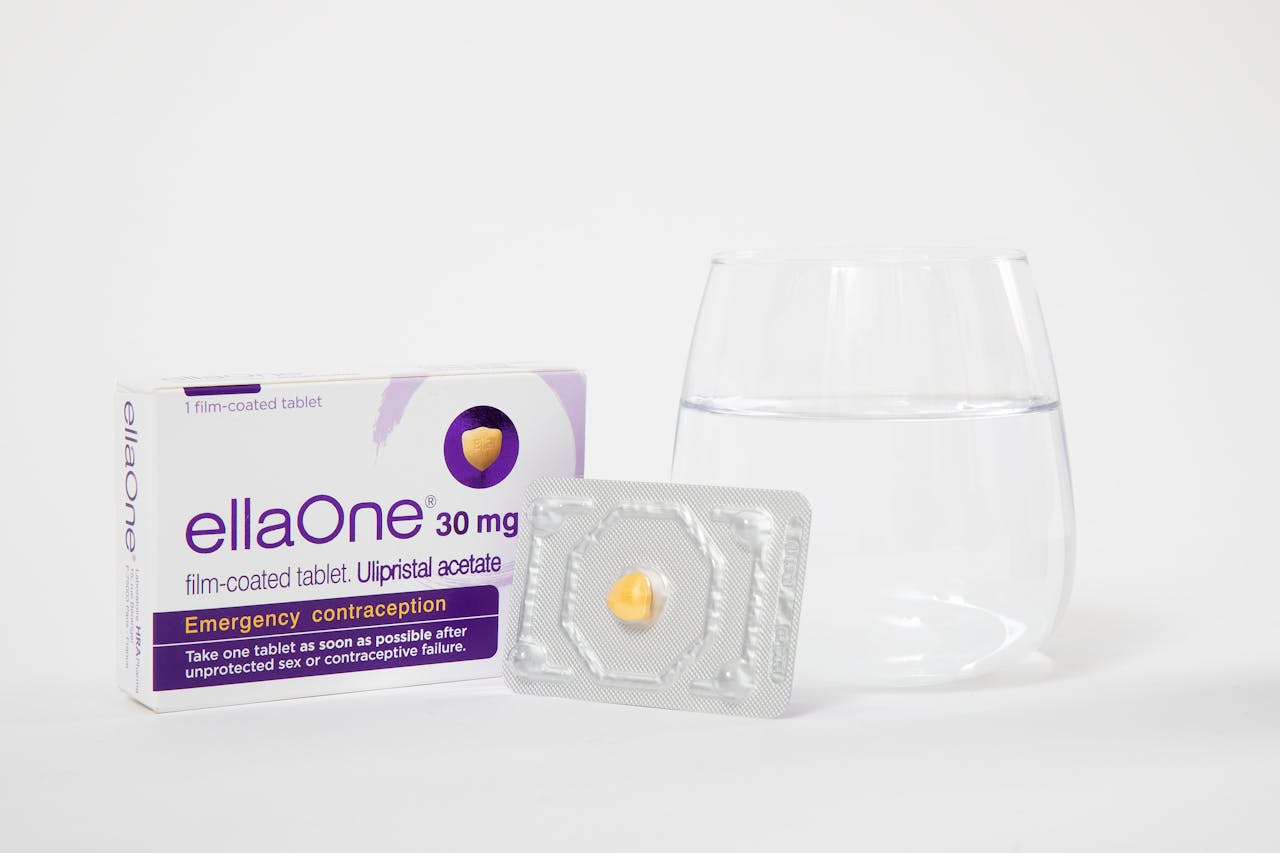TORONTO, April 4 – The Canadian government has announced plans to roll out its universal pharmacare plan, which will allow access to most prescription contraceptives for women in Canada.
Pharmacare is a programme that provides coverage of prescription drugs and related products.
Through the plan, the government aims for over nine million women to have better access to contraceptives, whether for family planning or medical treatment.
Deputy Prime Minister and Finance Minister Chrystia Freeland and Minister of Mental Health and Addictions and Associate Health Minister Ya’ara Saks made the announcement at Snowdon Pharmacy in downtown Toronto last Saturday.
“Women should have the autonomy to make their own choices about their health and their bodies,” said Freeland.
“Our plan to make common contraceptives free — like birth control pills and IUDs, and even emergency contraception — will mean that, for nine million Canadian women, freedom of choice will be truly ‘free’.
“And it means more Canadian women will have freedom of choice over their bodies and their lives.”
The initiative will be included in the country’s upcoming 2024 Budget, which is scheduled to be tabled on April 16.
Following the tabling of the Pharmacare Bill this year on February 29, the government is currently in the first phase of implementing the pharmacare plan to execute significant health care reform in the country.
The proposed legislation aims to enhance health equity by providing better access to comprehensive contraception and reducing the financial burden of women seeking contraception medication and devices through universal, single-payer, and first dollar coverage. .
First dollar coverage means there will be no out-of-pocket costs, no income cut-offs, and no eligibility restrictions.
“Through this first phase of national universal pharmacare, women across the country will get access to the contraception and reproductive autonomy they deserve,” said Saks.
“We’re making sure women have the freedom to plan for their future and choose when they want to start a family. Canadians should never have to choose between their health and paying bills.”
In Canada, oral birth control pills can cost up to C$300 (approximately RM1,050) per year, the hormonal intrauterine device (IUD) up to CS500 (approximately RM1,740) per unit, contraceptive injections up to CS150 (approximately RM1,750) per year, and emergency contraceptives about C$30 (approximately RM105) per dose.
“Access to contraception transcends reproductive rights and is a cornerstone of public health and equity.
“We believe that no individual should be prevented from accessing contraception due to income or where they live,” said Dr Amanda Black, president of the Society of Obstetricians and Gynaecologists of Canada.
”Universal contraception coverage will produce immediate medical benefits for our society and have an intergenerational impact. This policy will ensure that women are empowered with tools to better control their futures and reproductive life plans.”












